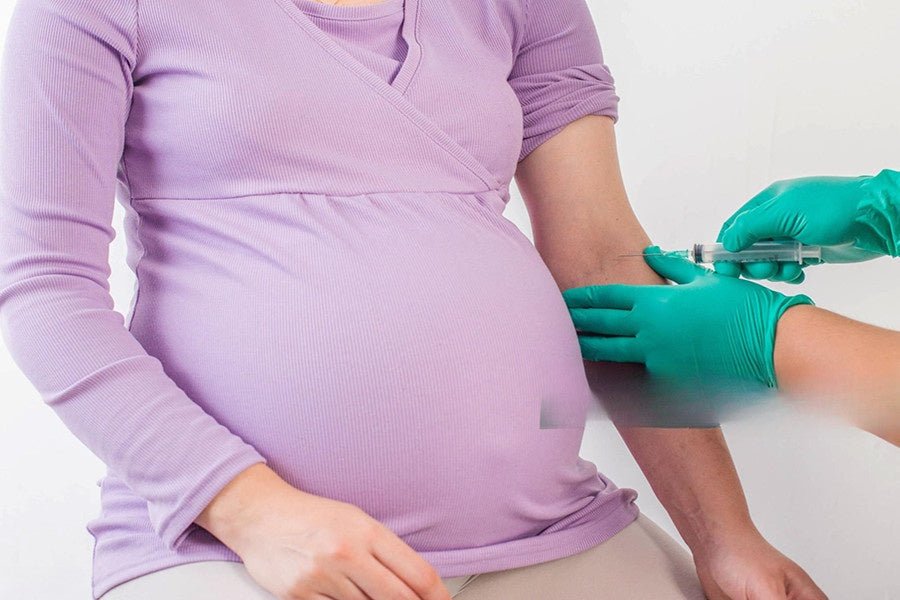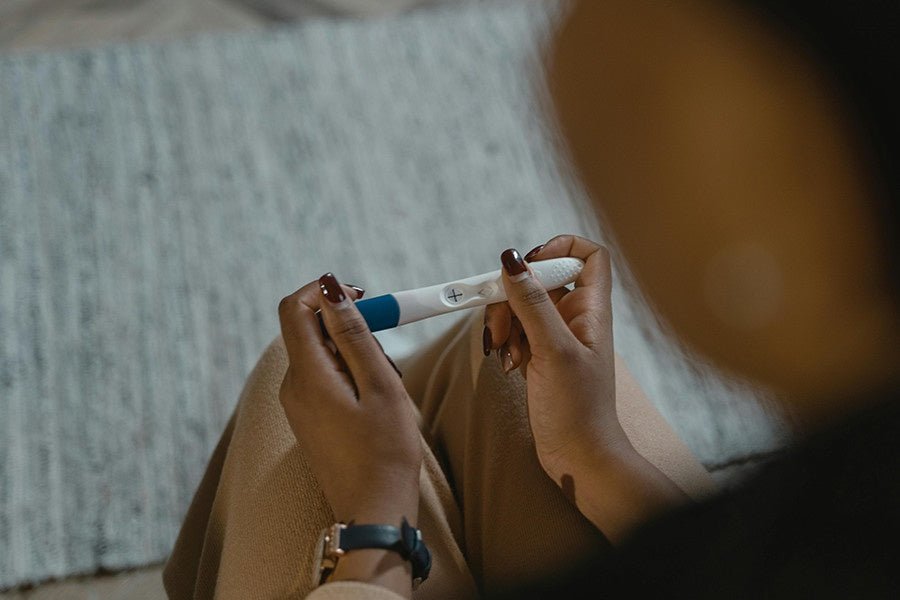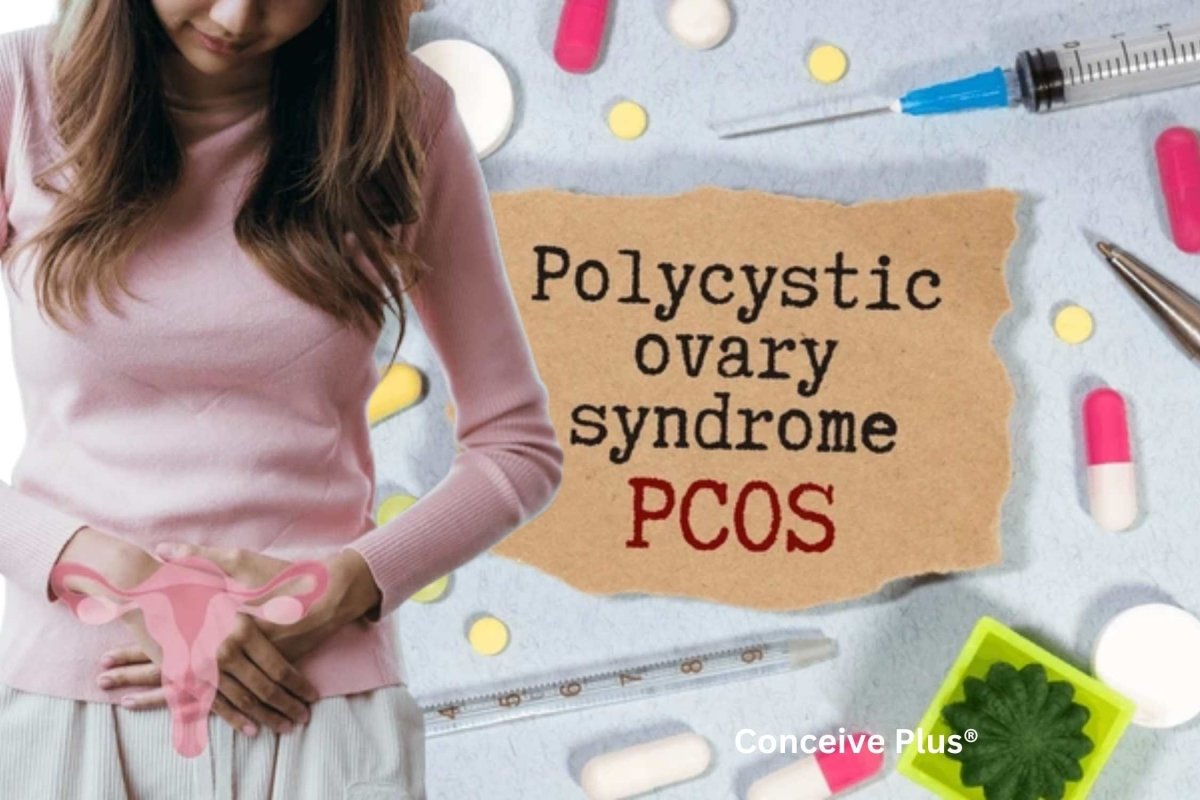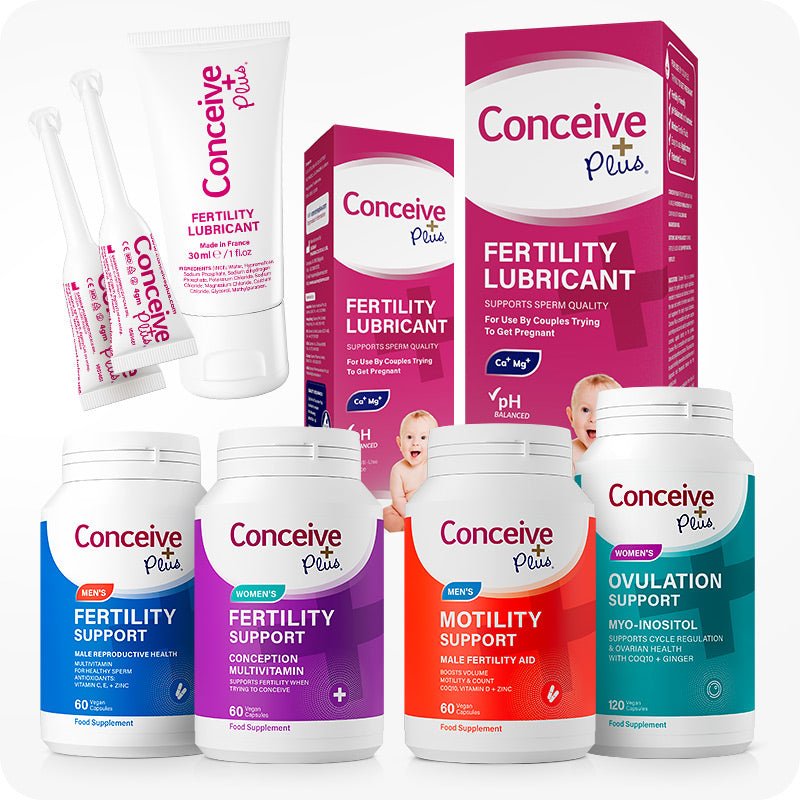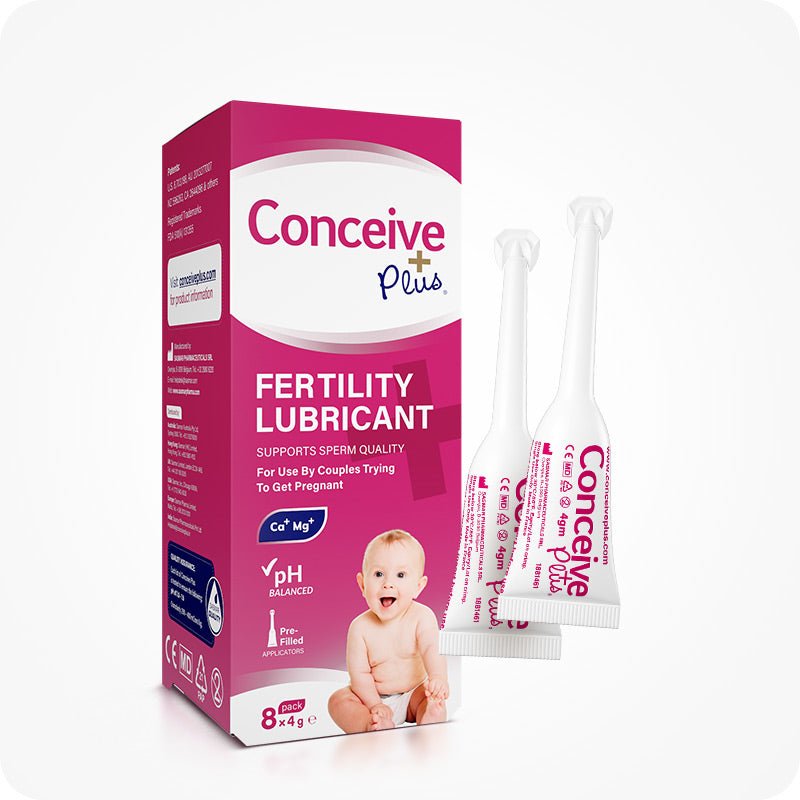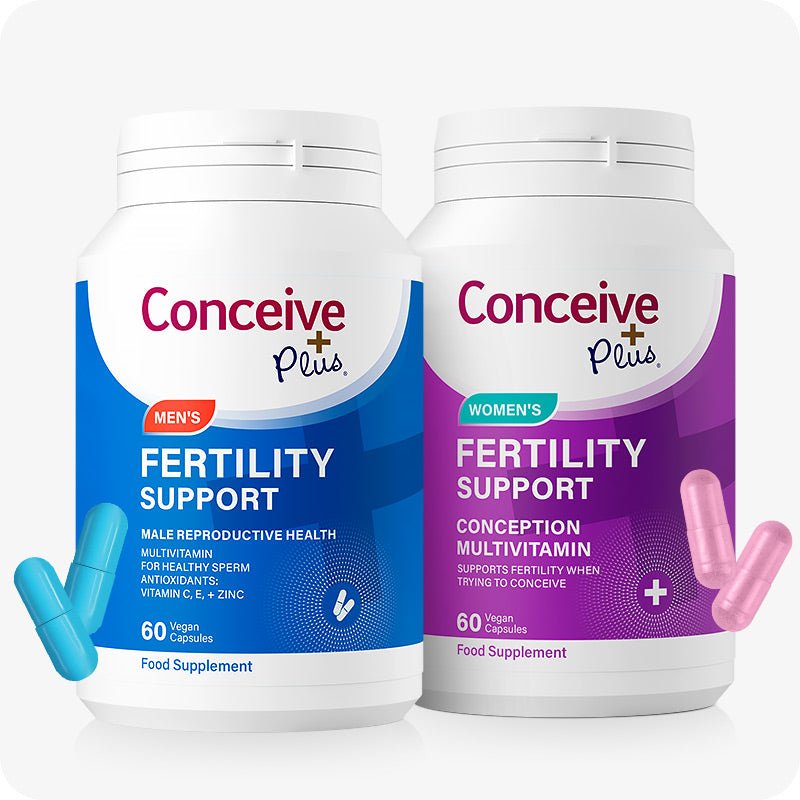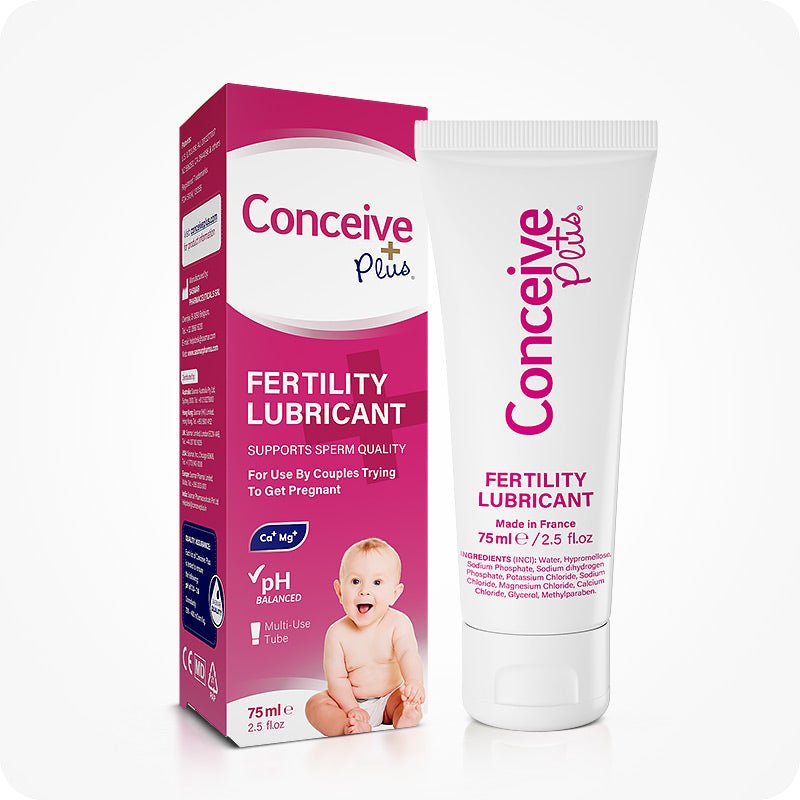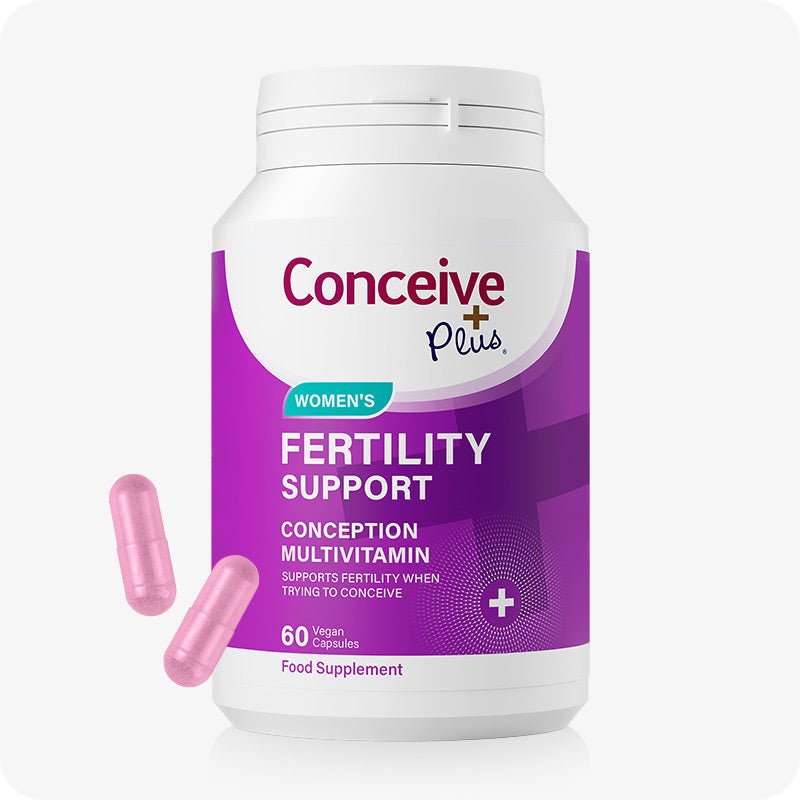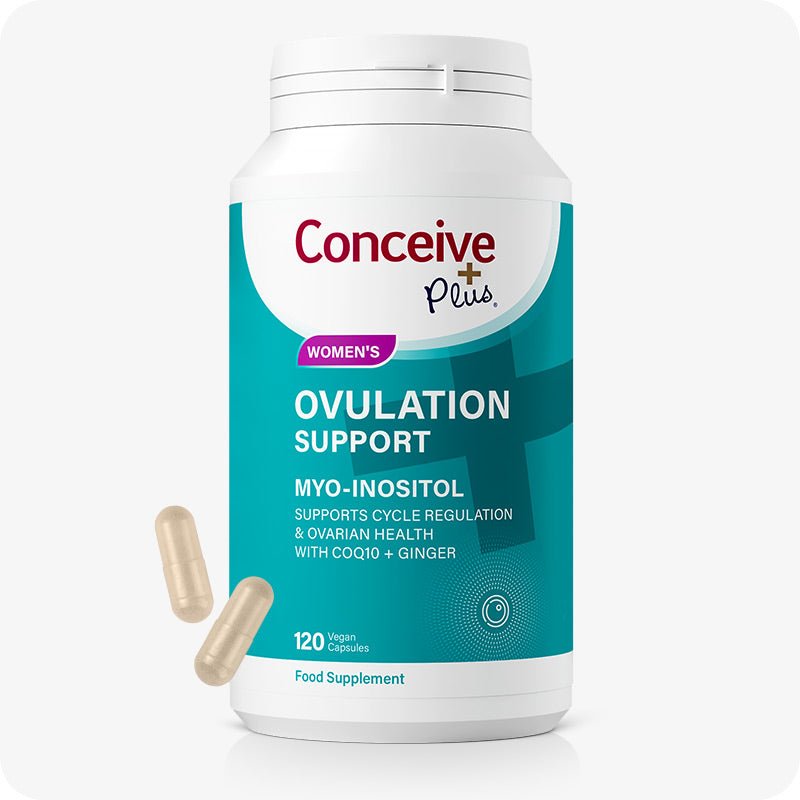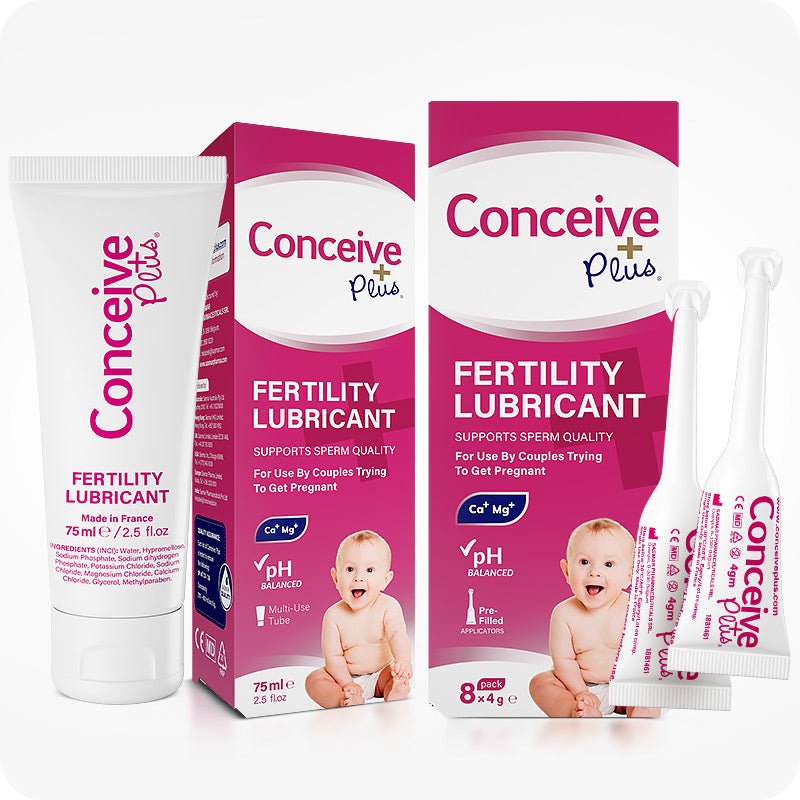Self-medicating with fertility drugs ends in low birth weight babies
Women who bypass specialist clinics in their attempts to become pregnant could be putting their unborn children in serious danger. Babies born to these women are 250 grams lighter than average. This is a bigger impact than if their mother had smoked through her pregnancy. - says University of Adelaide Professor Michael Davies.
"Our study has unmasked a group of Australians who appear to be at substantially increased risk." Prof Davies, whose team has compared more than 300,000 births over the 17 years until 2002. The study shows infertile women who conceive without the help of a specialist clinic are nine times more likely than average to have a baby with very low birth weight of less than 1.5kg.
Their babies are also seven times more likely to be born very preterm. "This may be due to the underlying medical conditions related to their infertility, or the use of fertility medications or therapies," Professor Davies said. "We are not sure what therapies they are using, but we suspect it may be drugs that stimulate ovulation." The drugs are particularly dangerous if they are taken by a woman who does not realise she is pregnant.
Part of the problem is that there is confusion over what type of doctor may prescribe the drugs.
Prof Davies said the drugs had good outcomes when taken under the close supervision of a specialist IVF clinic. However, the PBS covers a GP prescription with enough repeats to cover 10 menstrual cycles. The study, which includes 4300 births from assisted reproduction, shows even babies born with the help of a specialist clinic tend to be born earlier and lighter than average. The risk of low birth weight in non-twin births is 10 in 100, almost double that of the general population. A low birth weight is less the 2.5kg.
There is a two per cent risk of a very low birth weight. Compared with one per cent for the general population. Part of the problem could be that infertile women are prone to underlying health problems that could interfere with the supply of nutrients from their placenta.
They are also at increased risk of gestational diabetes. Prof Davies said outcomes could also have improved since the data was collected. Because IVF technology had got much better in recent years. He aimed to do follow up studies using more recent data. AAP


